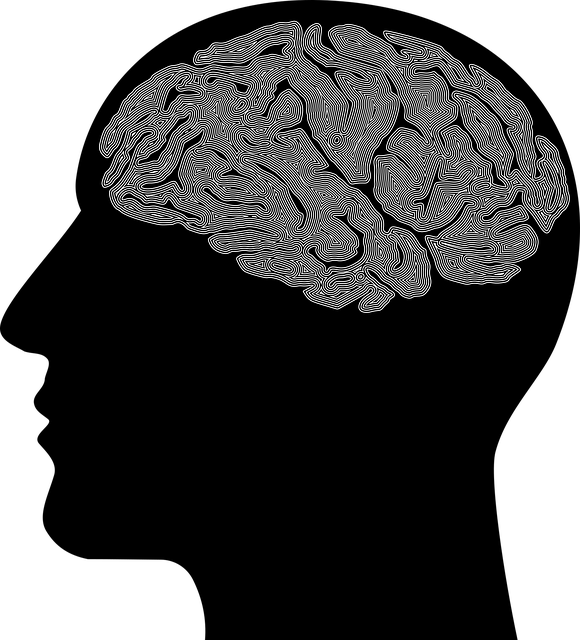Greenwood Village Eating Disorders Therapy prioritizes a safe, supportive environment for mental wellness groups through clear boundary setting, active listening, empathetic responses, and non-judgmental attitudes. They encourage participants to share experiences freely, incorporate mindfulness exercises, and teach effective communication to promote healing. Their specialized eating disorders therapy addresses psychological and emotional aspects using evidence-based practices, helping clients develop healthier coping mechanisms and build resilience for lasting change and improved quality of life. At Greenwood Village, clear ground rules and expectation setting are crucial for fostering open dialogue, personal growth, and a supportive community among group members.
In a world where mental wellness is increasingly recognized as a cornerstone of overall health, group facilitation plays a pivotal role in supporting individuals on their journeys to recovery. This article explores effective techniques for facilitating mental wellness groups, focusing on creating safe and supportive environments at Greenwood Village Eating Disorders Therapy. We’ll delve into strategies for fostering open communication, engaging participants through icebreakers, and integrating evidence-based practices to empower individuals in their healing processes.
- Establishing a Safe and Supportive Environment
- – Creating a non-judgmental space
- – Setting ground rules and expectations
Establishing a Safe and Supportive Environment

Creating a safe space is paramount when facilitating mental wellness groups. This involves establishing an environment where all participants feel seen, heard, and supported. As a group facilitator, it’s crucial to set clear boundaries and ground rules from the outset, ensuring everyone understands their role and responsibilities within the group dynamic. Techniques such as active listening, empathetic responses, and non-judgmental attitudes can help foster trust and encourage open communication.
In the context of Greenwood Village Eating Disorders Therapy, for instance, facilitating a supportive environment is key to helping individuals navigate complex emotional challenges. Encouraging participants to share their experiences without fear of criticism or stigma can promote healing. Additionally, incorporating strategies like mindfulness exercises or teaching effective communication techniques can empower group members to develop healthier coping mechanisms and build resilience.
– Creating a non-judgmental space

– Setting ground rules and expectations

In facilitating mental wellness groups, establishing clear ground rules and setting expectations is a cornerstone of successful therapy sessions. This initial step, often overlooked, plays a pivotal role in creating a safe and supportive environment at Greenwood Village Eating Disorders Therapy. By doing so, participants feel heard, respected, and understood, fostering an atmosphere conducive to open dialogue and personal growth. The process involves outlining specific guidelines on confidentiality, active participation, respect among peers, and the boundaries of professional involvement. These rules not only ensure a comfortable setting but also serve as a foundation for effective group dynamics.
Moreover, discussing expectations encourages members to align their goals and intentions with the overall objectives of the group. This proactive approach aims to mitigate potential triggers or misunderstandings, particularly in addressing sensitive topics like mental illness stigma reduction efforts. By involving the group in this process, participants actively contribute to shaping a supportive community, enhancing their own mental health awareness and that of their peers.
Effective mental wellness group facilitation begins with creating a safe haven where individuals feel supported and understood, much like what Greenwood Village Eating Disorders Therapy prioritizes. By establishing clear ground rules and fostering an atmosphere free from judgment, facilitators can ensure every member feels valued. This foundation is key to successful group therapy, enabling participants to navigate their mental health journeys together with empathy and encouragement.














